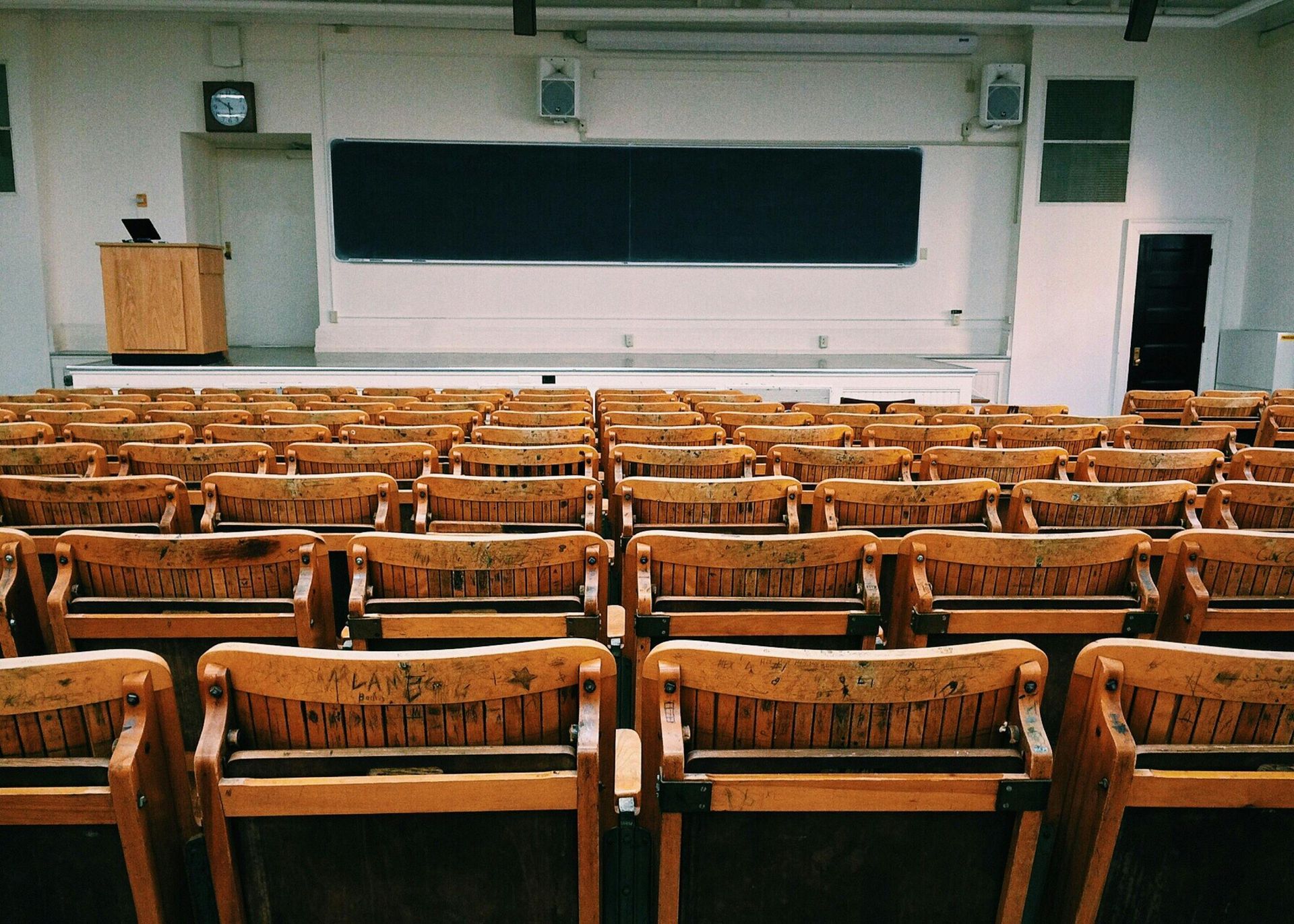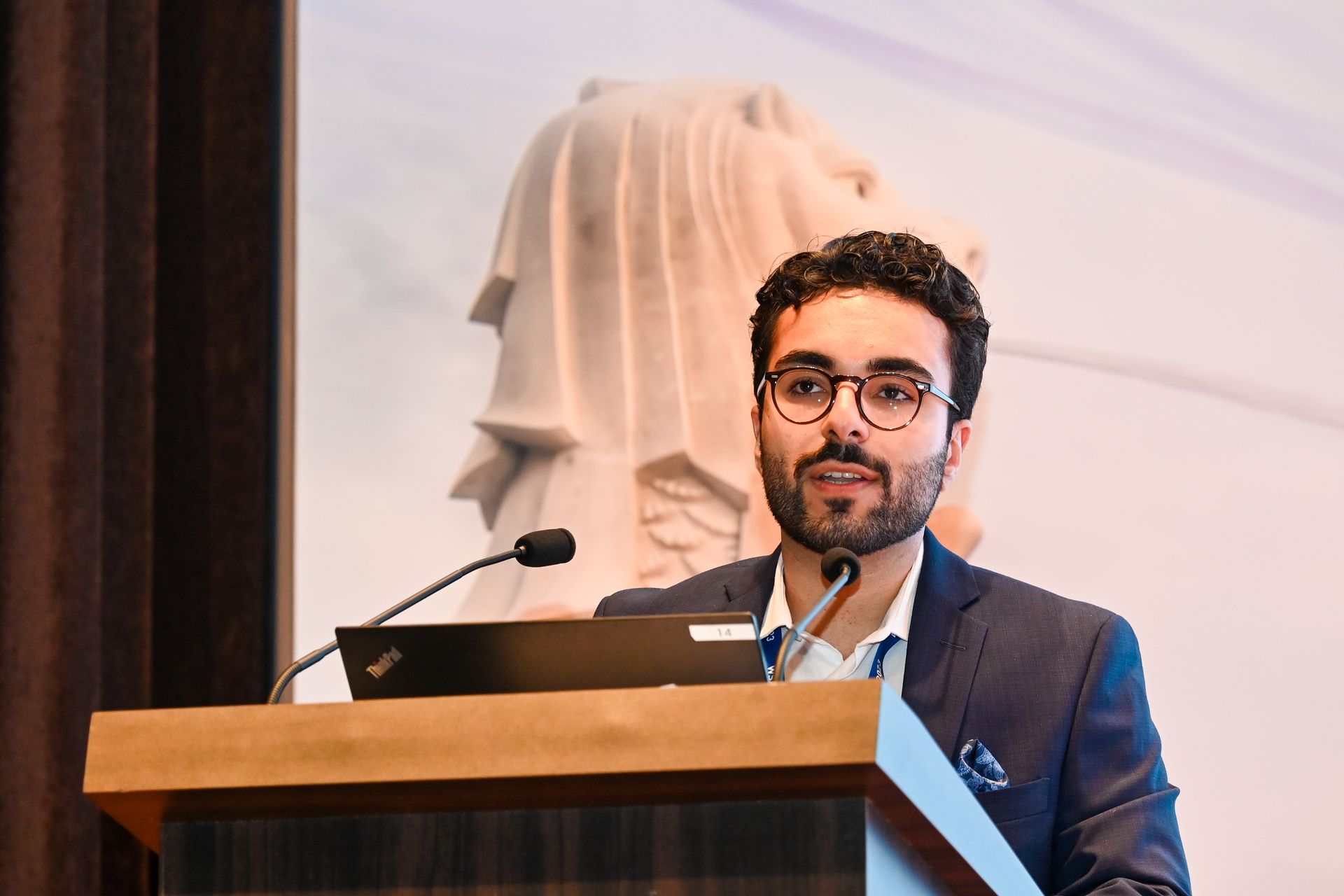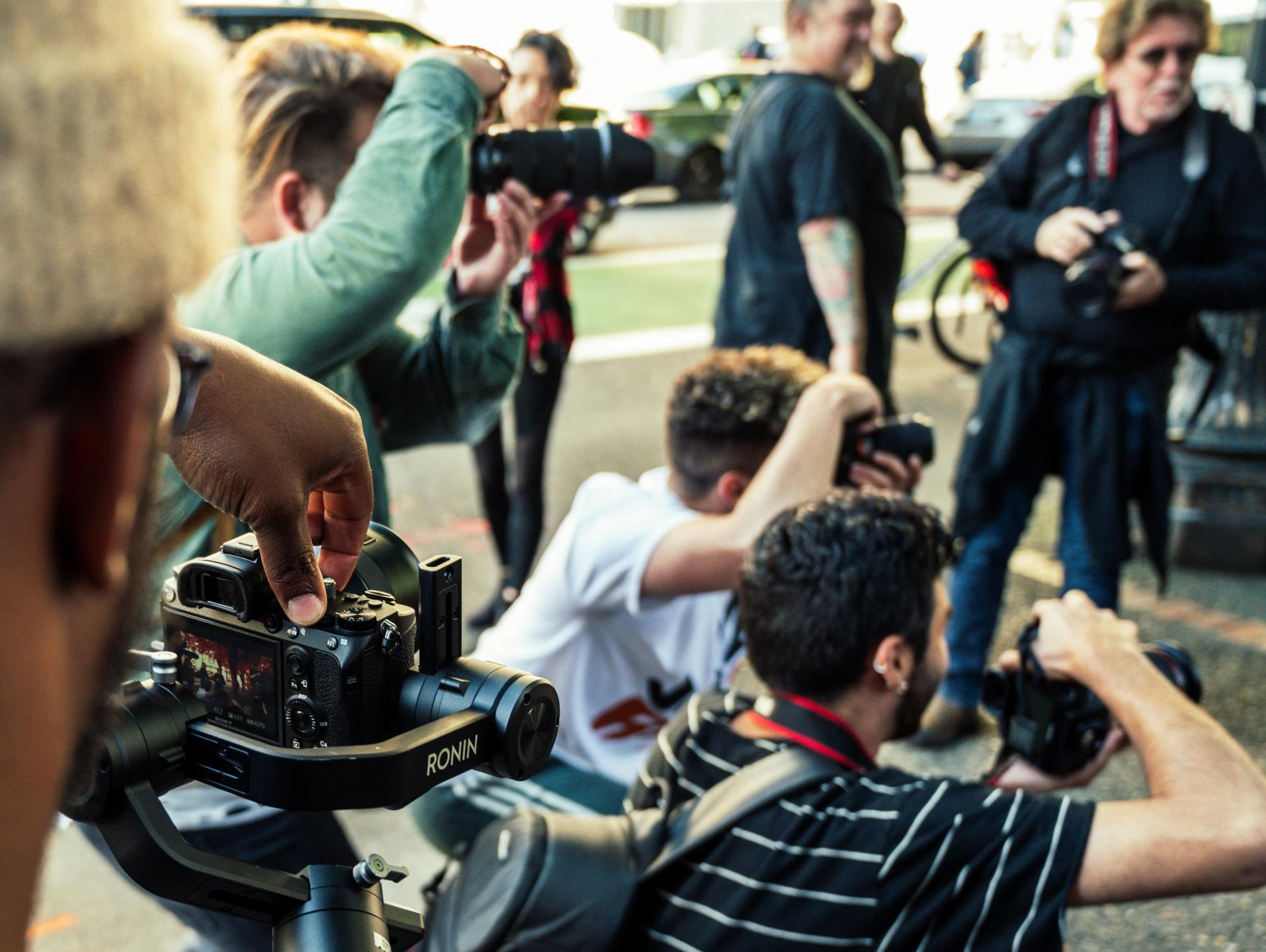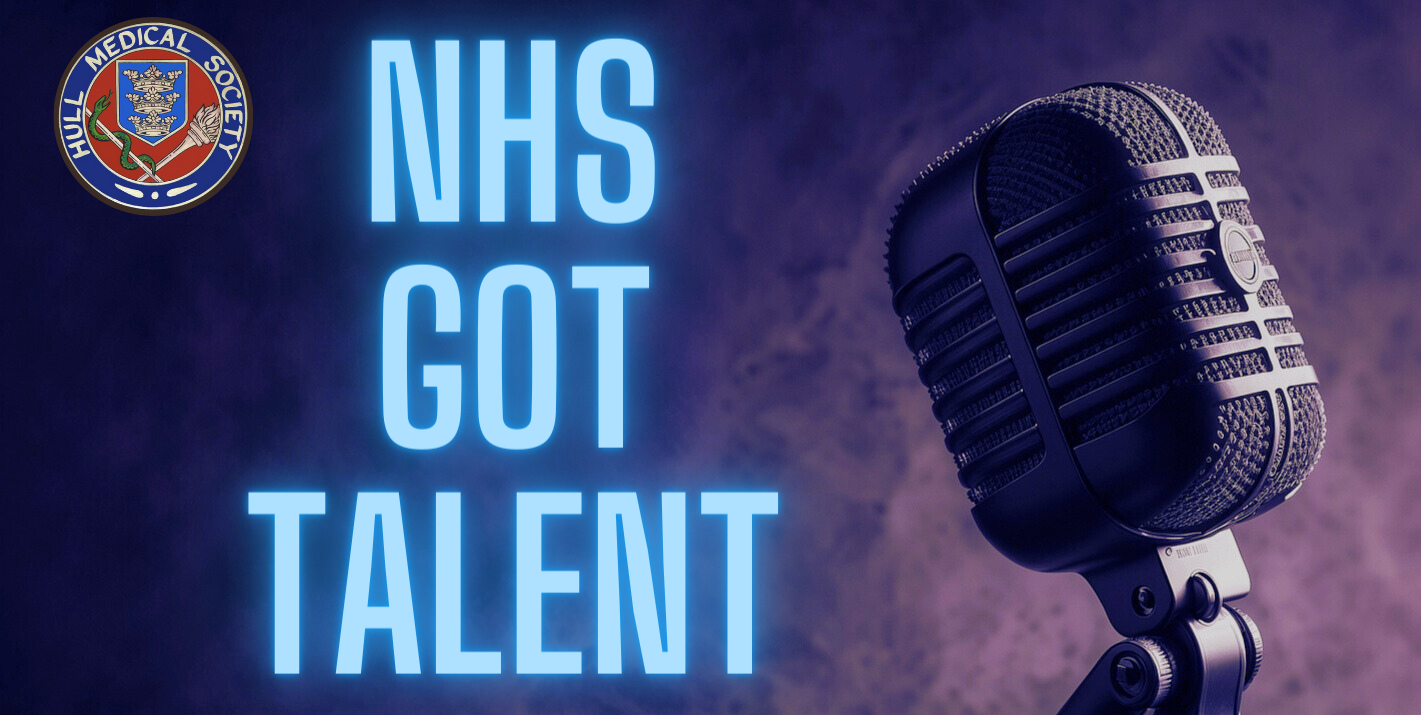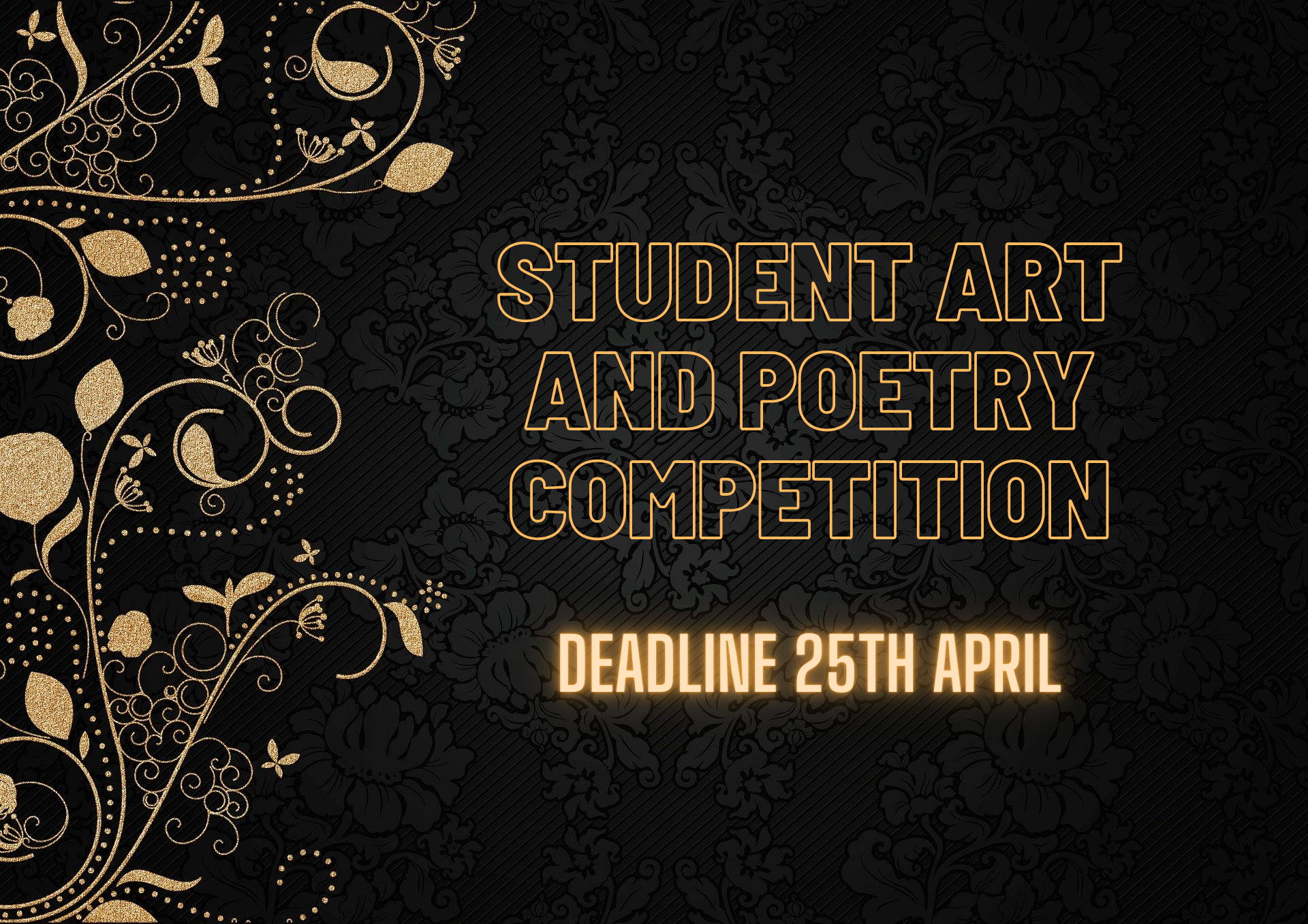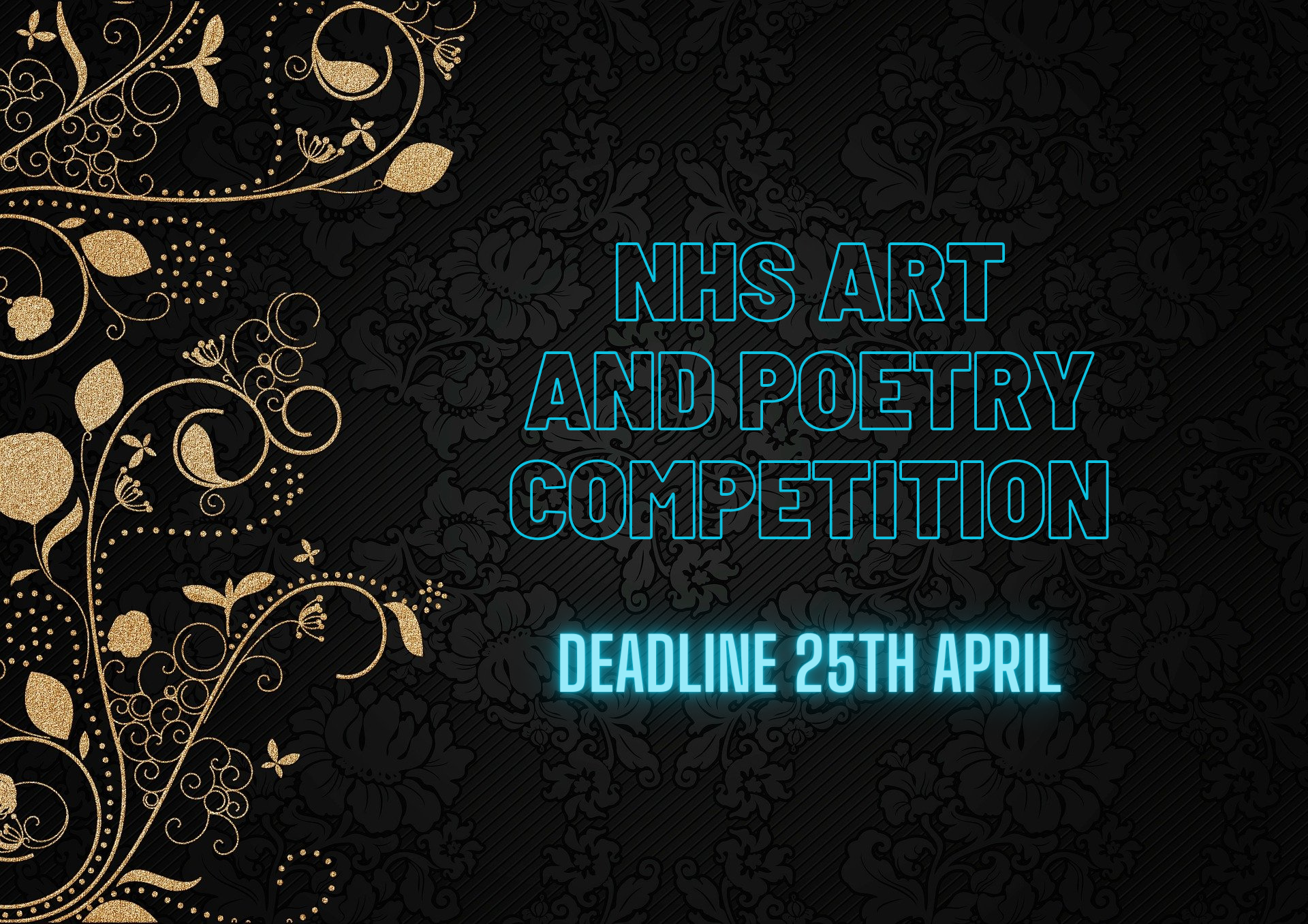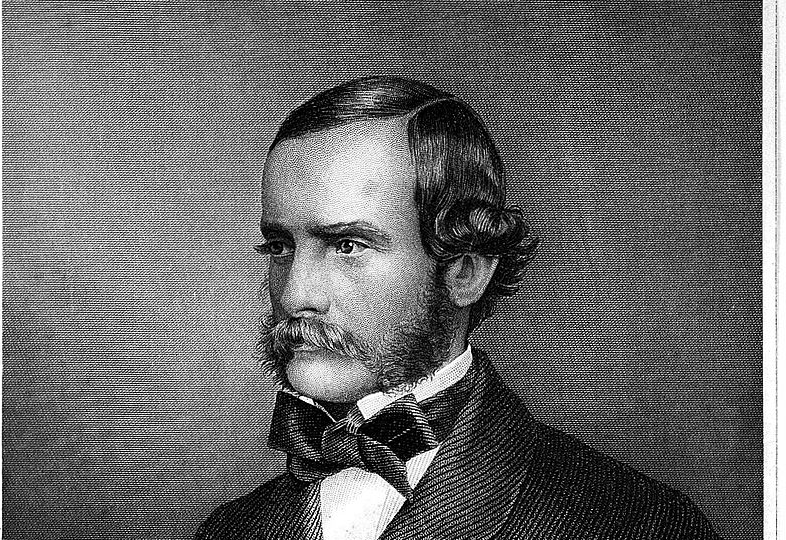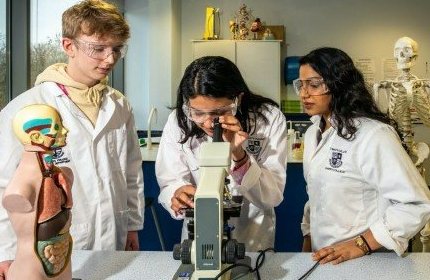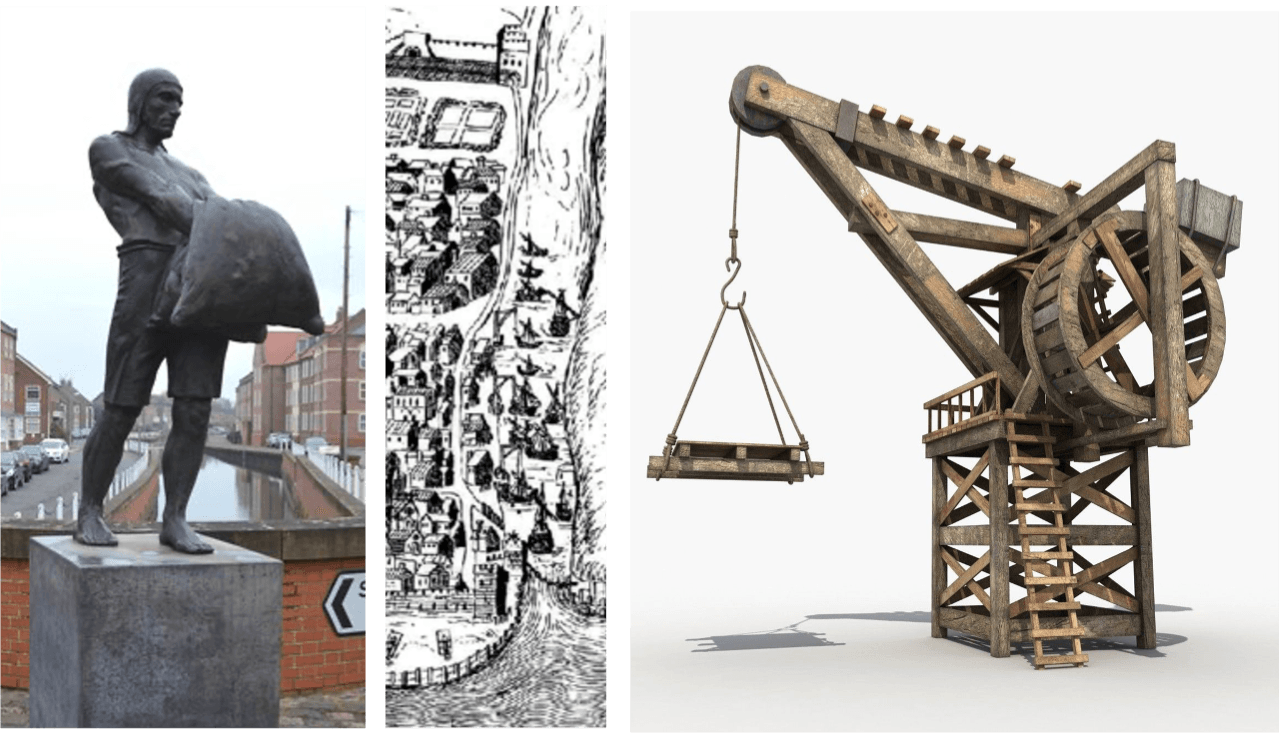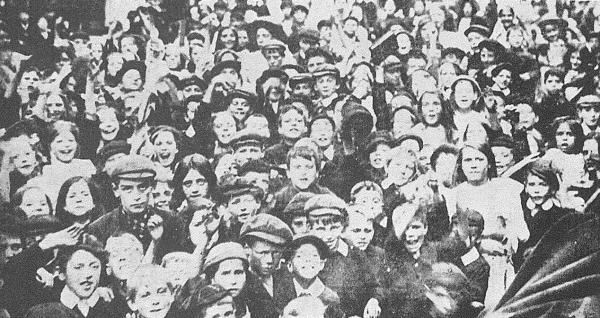Hull Medical Society’s series of guest lectures on the subject of Health and Human Rights continues in November with a talk from Reuters journalist Zoe Tabary. It is the first of two talks on the subject of journalism: coming up in April 2020 we have a talk with Tatyana Movshevich of BBC radio who will discuss the situation for journalists and activists in Russia and Central Asia.
Press freedom is a human rights issue. Without free dissemination of information and ideas, democracy cannot function and citizens cannot hold their government to account. In the area of public health, it is especially important that accurate information can be shared freely in order to improve living and working conditions, share scientific advancements, understand and prevent the spread of disease, and help people to gain access to medical care.
Yet, around the world, press freedom is under threat. The non-governmental organisation Reporters Without Borders recently announced that violence against journalists is leading to increased fear, concluding that “the number of countries regarded as safe, where journalists can work in complete security, continues to decline, while authoritarian regimes continue to tighten their grip on the media.”
This hostility towards reporters takes many forms, including threats, harassment, imprisonment and even murder, as demonstrated by the killing of Saudi columnist Jamal Khashoggi inside Saudi Arabia’s Istanbul consulate a year ago. While courageous journalists and their editors continue to publish news that challenges the authorities, inevitably the dangers do lead to self-censorship.
Public health can be a particularly sensitive topic, with some governments preferring to control what information is shared. In 2017, journalist Shamael Al-Nur published a column in Sudan’s independent El Tayar newspaper criticising the government’s pitifully low spending on health care and education. As a result, the President’s uncle, who is also the editor of a rival newspaper, denounced her as a “worm”. Others accused her of heresy and blasphemy – which is punishable by death in Sudan – and there were calls for her to be silenced. In the past, whole issues of El Tayar have been confiscated as they came off the press, its editor was beaten unconscious in 2014, and in 2015 it was closed down temporarily by the national security service.
It is not only in developing nations where such reporting can inflame sensitivities. In the USA, Public News Service reporter Dan Heyman was arrested after trying to ask Health Secretary Tom Price a question about how domestic violence would be classified in new health care legislation. He was jailed for “wilful disruption of state government processes” and bailed after paying $5,000. “This is my job, this is what I’m supposed to do,” Dan Heyman said following his release. “I think it’s a question that deserves to be answered. I think it’s my job to ask questions and I think it’s my job to try to get answers.”
“Threats, insults and attacks are now part of the ‘occupational hazards’ for journalists in many countries,” says Reporters Without Borders in its recent summary of the global situation. It is therefore evermore important for us to get together to discuss and inform ourselves about these key topics.
Join us on Thursday 21 November for our talk with Zoe Tabary to hear more about this urgent issue.
